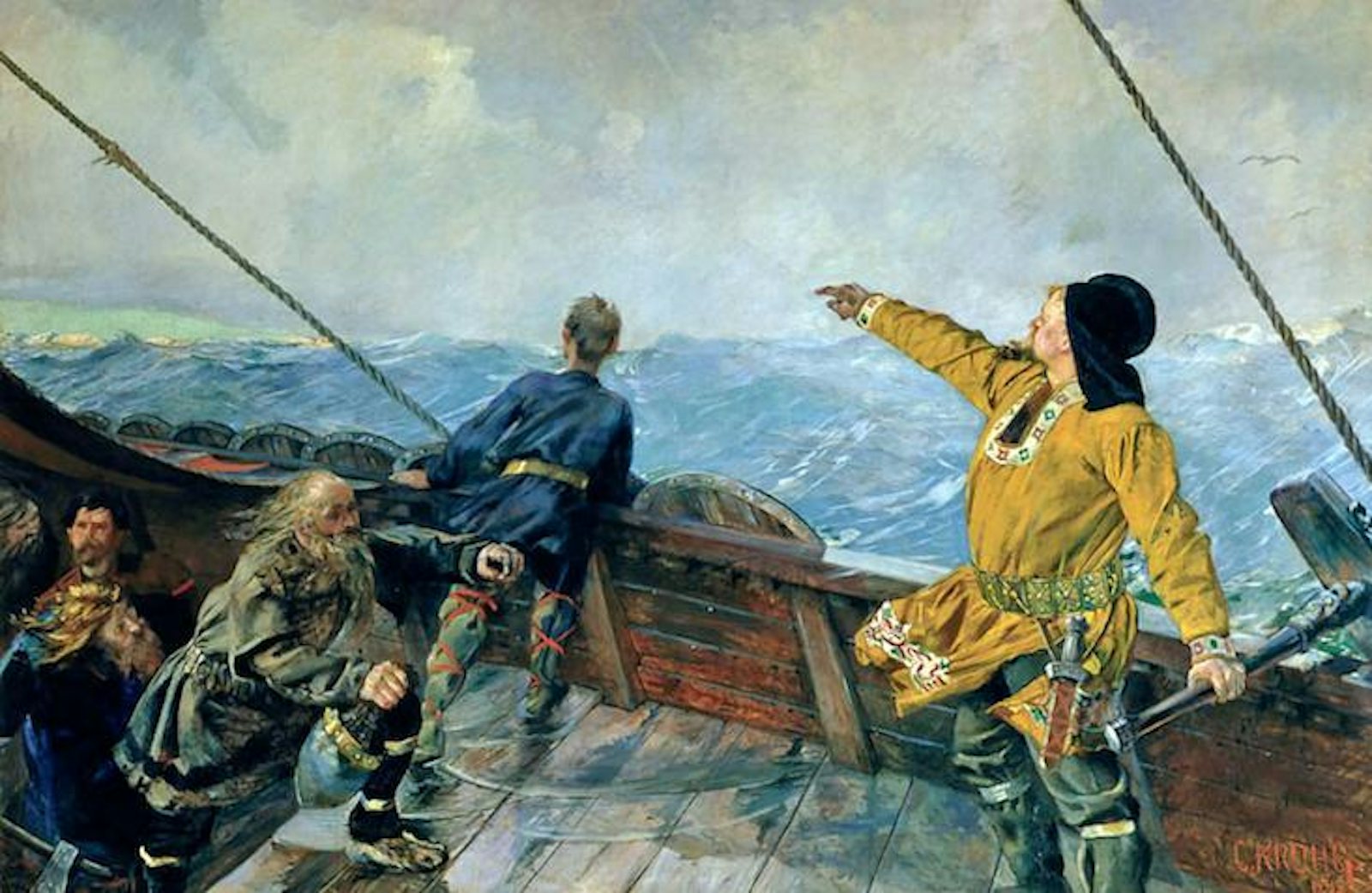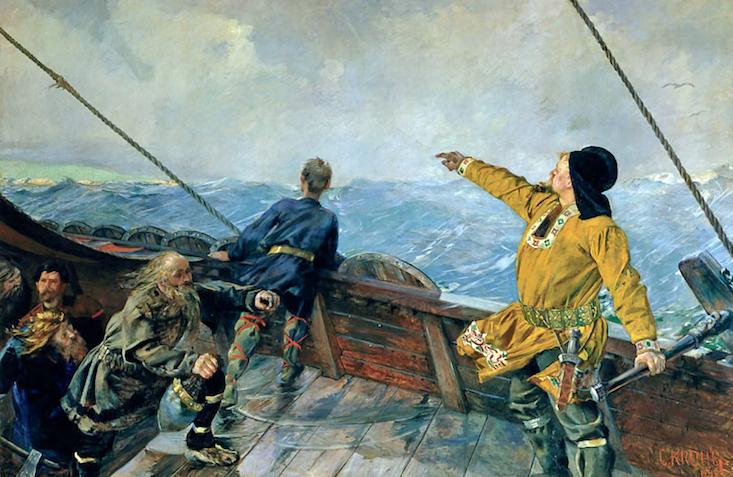
Rising sea levels, lower air quality, and longer and more frequent droughts often top the list of climate change consequences that will change our biosphere and stoke human conflict. Consider Central Asia. The “tangled knot of borders, ethnicities, water rights, decreasing resources, and increasing temperatures” in the vast Fergana Valley in particular “makes it a crucible of global warming and human conflict—a place where geography, climate, and politics collide,” John Wendle wrote in his Nautilus feature, “When Climate Change Starts Wars.”
Yet there are more startling changes to come. The interdependence of ecosystems and their inhabitants means climate change may force animals, including us, to adapt in surprising ways. From animal physiology and species-boundaries to human behavior and organization, here’s a list of some climate change effects you may have not seen coming.
There’ll be more shark attacks
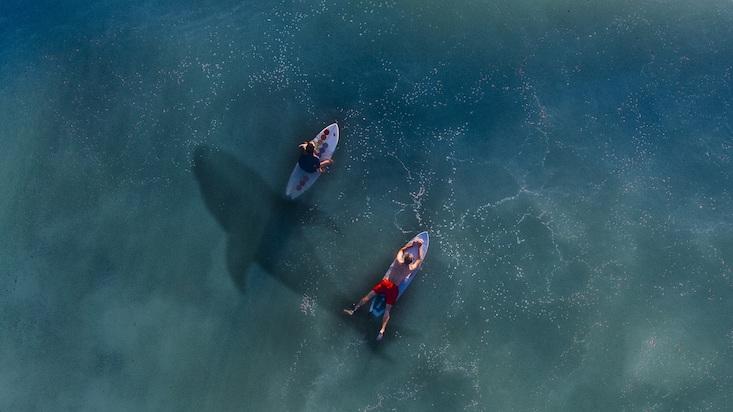
Scientists point to two reasons we’ll be seeing more shark attacks. Warming sea temperatures have been pushing sharks northward, and longer summers and warmer water means more people on the beach. Either one could lead to an increase in the number of reported attacks, but together they’re an especially potent combination. The year 2015 has the record for highest number of reported unprovoked shark attacks globally, with 98. That’s 26 more than the year prior, and 40 more than 2005. Increases in shark attacks have historically motivated shark hunting—which in turn provokes the sharks. Last year, the amount of shark attacks, including provoked encounters, numbered 156. Suffice it to say, shark monitoring organizations like the International Shark Attack File warn against riling the sharks.
We’ll have less sex

There are a lot of reasons the birth rate in the United States has been on the decline, from increased access to contraception to economic downturns. But it turns out climate change may be another. A 2015 paper from the National Bureau for Economic Research found that for every day hotter than 80 degrees, the birth rate decreased by 0.4 percent eight to ten months later compared to the average. Less than half a percent may not sound like much, but it amounts to about 1,000 fewer babies born in the U.S. each day over 80 degrees. That small difference can have a huge impact down the road if that trend continues. Climate change models predict that the number of days over 80 degrees will increase from 30 a year to 90, which would result in around 100,000 fewer births a year. The authors noted that birth rates increase on days that are very cold, and that this almost makes up for the dearth of births on hot days, but there’s still a net decrease in birth rate, as the rebound only makes up for about 32 percent of the decrease in births.
We’ll get less sleep
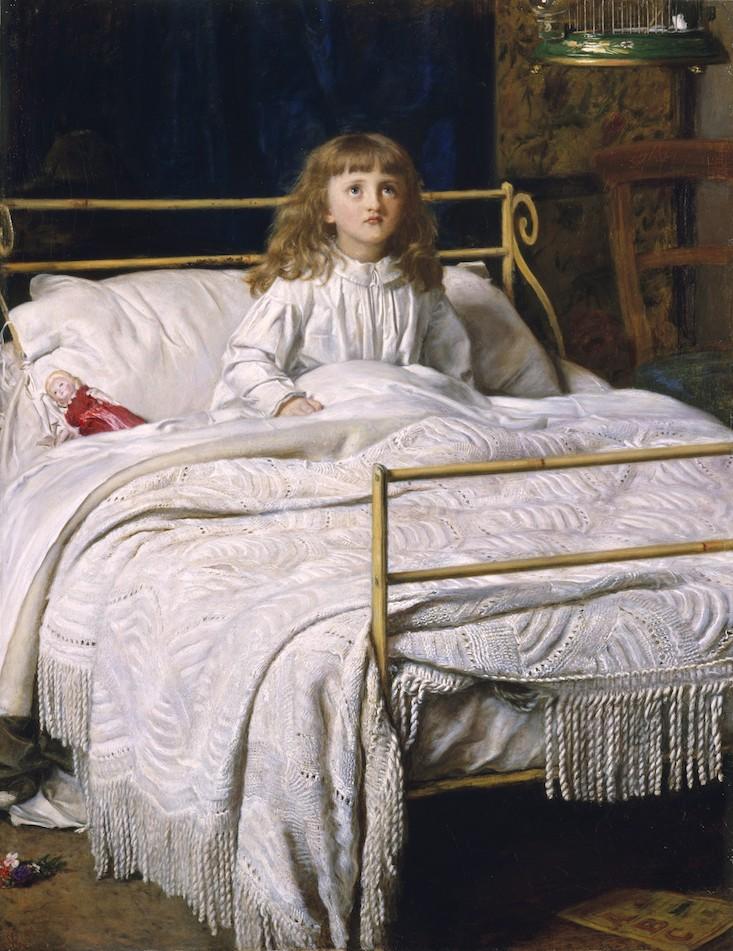
Based on current climate trends, Nick Obradovich, a research scientist at the MIT Media Lab in the Scalable Cooperation Group, and colleagues predicted that by 2050 there’ll be an extra six restless nights per month for every 100 Americans. By 2099, that number more than doubles to an extra 14 nights of restless sleep. Like other climate change issues, the poor will be hit hardest, due to the costs of air conditioning along with the elderly, as their decreased circulation makes them more susceptible to changes in temperature. Though we’re still trying to make sense of how exactly sleep works and what it does, it’s common knowledge that sleep deprivation leads to decreased productivity, increased susceptibility to mental illnesses like depression, and general cognitive decline, particularly in memory consolidation. One way or another, climate change will keep you up at night.
We’ll get more violent

Are you fired up? Need to let off some steam? Our heat-centered metaphors for anger might have a psychological basis. People report more aggressive thoughts, feelings and behaviors when they’re uncomfortably hot. What’s more, heat doesn’t just make us angrier, but also makes us more likely to perceive others as aggressive and confrontational. Hotter regions in the U.S. have higher rates of violent crime than cooler cities, even after controlling for various factors like differences in poverty, unemployment, and age distribution. One study looked at almost 60 countries and found that warmer temperatures were associated with violence, especially in regions with pre-existing conflict and instability. Based on their model, the authors predicted that for each global degree increase in Celsius, homicide rates will increase by 6 percent.
Airplane take-offs will be harder
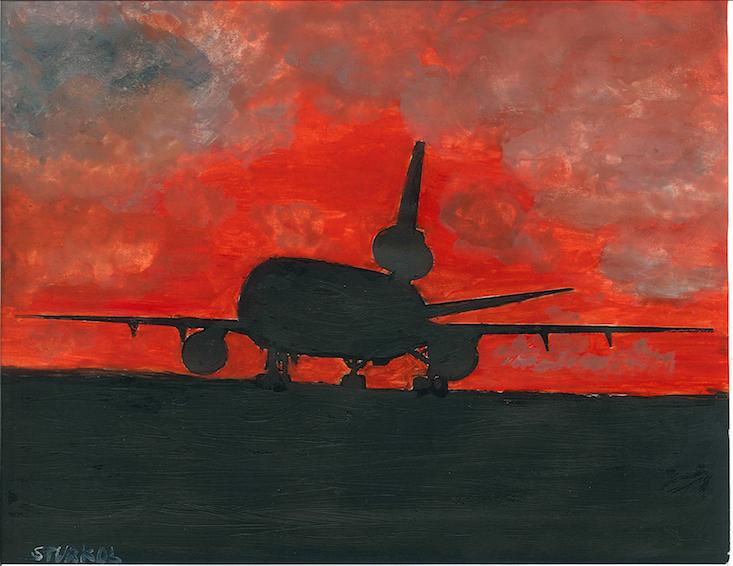
Forty flights in a single day this summer were cancelled due to extreme heat in Phoenix, which peaked at 118 degrees Fahrenheit. Why? Because hot air is less dense than cold air (that’s why it rises), and the hotter the air, the harder it is for a plane to generate lift (there’s fewer molecules in the air for the wings to interact with). Reduced air density doesn’t necessarily ground planes. Longer runways give planes more time to build up sufficient lift, but, for some airports, lengthening runways isn’t feasible due to cost, geographic constraints, and the logistical overhaul it would require. A simpler fix is to reduce the weight of the plane, which could result in flying below passenger capacity or increasing luggage and carry-on restrictions.
Bee tongues are shrinking
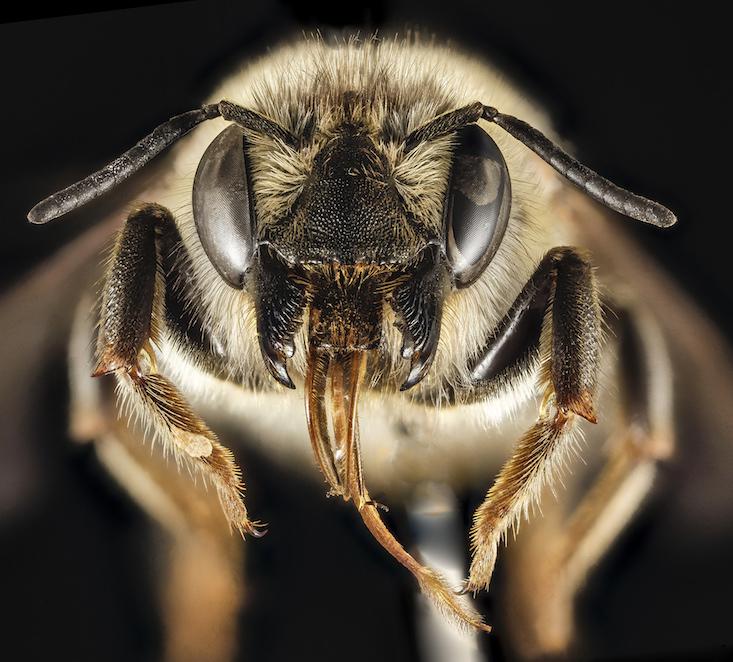
Nicole Miller-Struttmann, an evolutionary ecologist at SUNY College at Old Westbury in New York, and colleagues, collected 170 bees across three sites in the Rocky Mountains and compared their measurements to archived samples from the 1970s. They found that two of the dominant bee species, Bombus balteatus and Bombus sylvicola, had smaller tongues now on average than they did 40 years ago. Bees with longer tongues tend to specialize and focus on long-tubed flowers, while shorter-tongued bees aren’t as picky. Miller-Struttmann and colleagues hypothesized that the declining flower population, a result of climate change, encourages a general foraging strategy over a specialized approach, and as a result specialized foraging, and ultimately long bee tongues, is selected against. Though the proportion of long-tubed to short-tubed flowers remain the same, the general decrease in the population of flowers overall discourages pickiness.
There may be more grolar bears
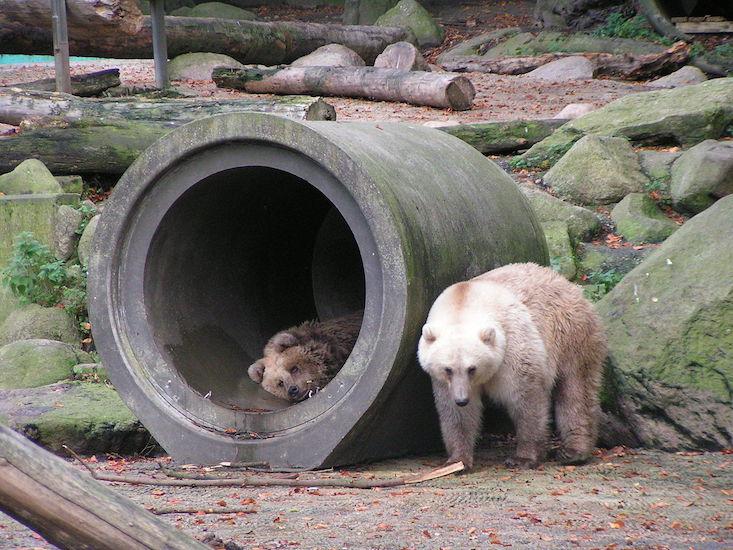
Shrinking Arctic ice has forced Polar bears to spend more time on land. For Grizzlies, the warmer weather means shorter hibernation and a more welcoming Northern climate. As a result, Polar bears and Grizzlies have been interacting much more of late. Both bears tend to be fairly territorial, but that seems to change during mating season. The resulting Grolar Bears have light brown fur, the snout of a Polar bear, and the shoulders of a Grizzly. They’re also more tolerant of warmer environments, as some of the specializations Polar bears developed for retaining heat, such as fully hair-covered soles and hollow hair follicles, are not passed on fully to the hybrids. Unfortunately, they also seem to be less friendly than Grizzlies, which for the most part avoid humans. Grizzlies may genetically overtake both Grolars and Polar bears in the end, though.
Victor Gomes is an editorial intern at Nautilus.
WATCH: What happens to plants under radical global warming.




















